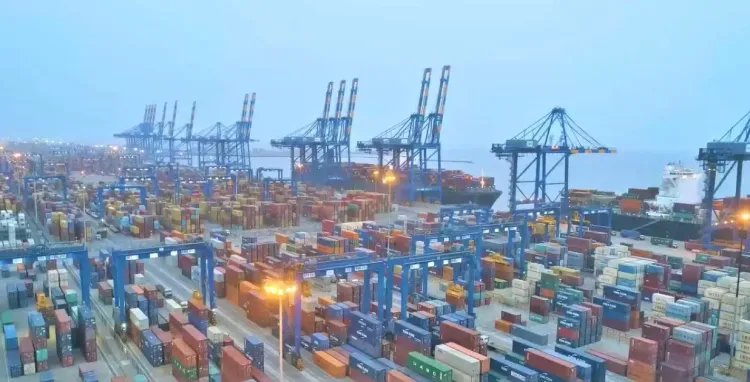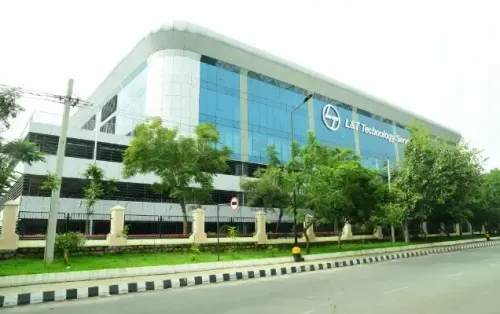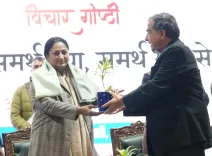WEF: Five New Indian Industrial Clusters Commit to Economic Growth and Job Creation

Synopsis
Key Takeaways
- Five Indian clusters join WEF's initiative.
- Mundra cluster integrates green power with industry.
- Mumbai Green Hydrogen cluster advances hydrogen economy.
- Kerala Green Hydrogen Valley aids decarbonisation.
- Kakinada cluster focuses on sustainable fuel solutions.
Davos, Jan 22 (NationPress) Five industrial clusters from India, including the Mundra cluster in Gujarat, have officially joined the World Economic Forum’s (WEF) ‘Transitioning Industrial Clusters’ initiative as part of 13 new members. This initiative aims to rapidly enhance the deployment of clean-energy infrastructure on a global scale, as announced on Wednesday.
The newly added industrial clusters hail from various countries including India, Australia, Brazil, Colombia, the Netherlands, Saudi Arabia, Sweden, Thailand, and the UK, according to a WEF report released in partnership with Accenture and the Electric Power Research Institute (EPRI) during the Davos Summit.
Among the Indian clusters, the Mundra cluster stands out as it combines green power initiatives with infrastructure to support expansive industrial projects.
The Mumbai Green Hydrogen cluster in Maharashtra is at the forefront of advancing the green hydrogen economy, connecting industries with sustainable energy sources, as stated by the WEF.
Additionally, the Kerala Green Hydrogen Valley plays a crucial role in the country’s decarbonisation efforts by promoting hydrogen-powered transportation, according to the report.
Located strategically, the Gopalpur Industrial Park offers an ideal ecosystem to attract investments from sectors utilizing advanced technology, especially in green energy.
The port-based Kakinada cluster in Andhra Pradesh, coordinated by AM Green, is committed to delivering industrial decarbonisation solutions such as green ammonia, hydrogen, and sustainable aviation fuel.
Stephanie Jamison, Global Resources Industry Practice Lead and Global Sustainability Services Lead at Accenture, remarked, “Leading industrial clusters view decarbonisation as a collective goal that can drive both business growth and industry transformation.”
Neva Espinoza, EPRI SVP of Energy Supply and Low-Carbon Resources, added, “The quickest route to technology deployment is through collaborative innovation.”
“The inclusion of 13 industrial clusters in this global initiative underscores the critical importance of uniting all stakeholders to implement advanced energy technologies, low-carbon fuels, and the necessary infrastructure that underpins net-zero economies,” Espinoza concluded.










